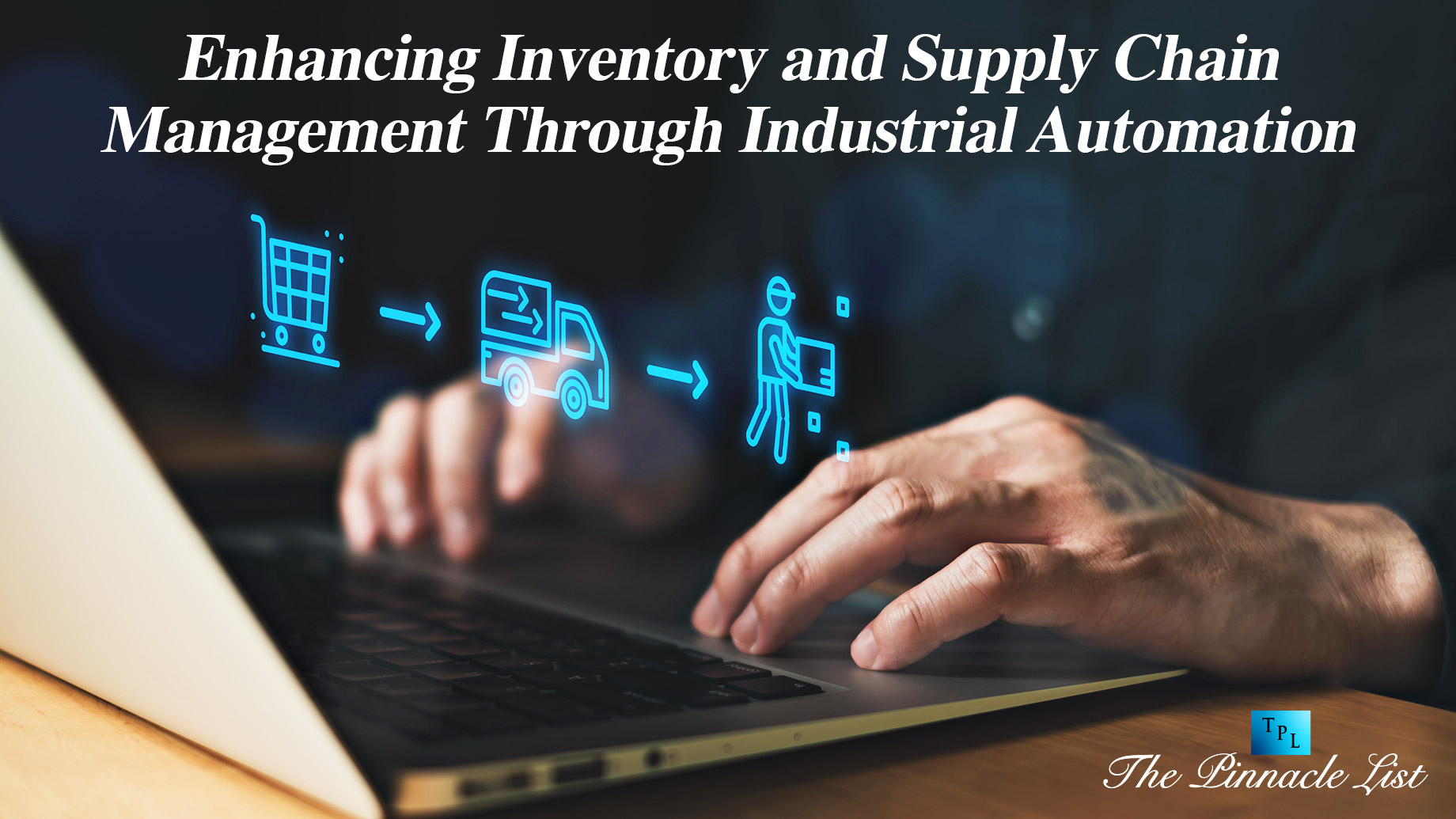
In today’s highly competitive market, the efficiency of inventory and supply chain management is pivotal to the success of manufacturing enterprises. Industrial automation stands out as a transformative force in this arena, streamlining processes from production to product delivery. Integrating advanced technologies such as servo controllers not only enhances precision but also significantly improves the speed and reliability of supply chain operations. This article delves into the various aspects of how industrial automation is reshaping inventory and supply chain management, focusing on the strategic incorporation of servo controllers.
The Critical Role of Industrial Automation in Supply Chain Management
Industrial automation involves the use of control systems, such as computers or robots, and information technologies for handling different processes and machineries in an industry to replace a human being. It is the second step beyond mechanization in the scope of industrialization. Automation has become a crucial element in supply chain management due to its ability to increase productivity, reduce operational costs, and enhance product quality through consistent precision.
1. Streamlined Warehouse Operations
Automation in warehouse operations includes the implementation of robotic systems that can efficiently sort, stack, and retrieve products as needed. These systems are typically guided by advanced software that coordinates activities to minimize delays and errors. Servo controllers such as the DKC14.3-100-7-FW play a crucial role here by ensuring the precise movement of robotic arms or automated guided vehicles (AGVs) within the storage facilities. This precision helps in efficiently utilizing space and reducing damage to goods, thereby optimizing inventory management.
2. Enhanced Order Fulfillment
Automated systems improve the speed and accuracy of order fulfillment processes. From picking items off the shelves to packaging and preparing them for shipment, automation can significantly reduce the time between an order being placed and when it is shipped. Servo controllers ensure the machinery involved in these processes operates at peak efficiency, adjusting the speed and movement of conveyor belts and robotic pickers to match order processing requirements dynamically.
3. Improved Material Handling
Material handling involves the movement, protection, storage, and control of materials and products throughout manufacturing, warehousing, distribution, consumption, and disposal. Automated material handling systems designed with servo controllers allow for the precise control of material movement, reducing the likelihood of inventory damage and loss. These systems streamline operations, enhance safety by reducing human interaction with heavy or hazardous materials, and improve overall handling efficiency.
Benefits of Industrial Automation in Supply Chain Management
1. Increased Operational Efficiency
Automated systems minimize manual tasks, reducing labor costs and human error. This increase in operational efficiency can lead to faster production cycles and improved responsiveness to market demands.
2. Scalability
Automation allows companies to scale their operations quickly to handle increased production demands without a corresponding increase in errors or inefficiencies. This scalability is crucial for businesses aiming to grow and expand into new markets.
3. Enhanced Data Accuracy
Automated systems collect and analyze data in real-time, providing businesses with accurate insights into their inventory levels, supply chain performance, and customer demand patterns. This data is invaluable for making informed decisions about production planning, inventory management, and resource allocation.
4. Cost Reduction
By optimizing inventory management and streamlining supply chain processes, companies can significantly reduce costs associated with overstocking, storage, and product obsolescence. Automation reduces the need for extensive physical infrastructure and manual labor, further cutting operational expenses.
5. Improved Customer Satisfaction
Faster and more accurate order processing, enabled by automation, results in quicker delivery times and fewer errors, leading to higher customer satisfaction and loyalty. In today’s fast-paced market, the ability to quickly fulfill customer orders can be a significant competitive advantage.
Challenges in Implementing Automation in Supply Chain Management
Despite its numerous benefits, integrating automation into supply chain management does present challenges:
- High Initial Investment: Implementing automated systems requires a significant upfront investment in technology and infrastructure.
- Technical Complexity: Developing, installing, and maintaining automated systems demand technical expertise, and businesses may face challenges in recruiting and retaining skilled personnel.
- Integration with Existing Systems: Integrating new automated systems with existing enterprise resource planning (ERP) systems and workflows can be complex and time-consuming.
Conclusion
Industrial automation, particularly with the integration of servo controllers, is redefining the landscape of inventory and supply chain management. By enhancing efficiency, accuracy, and speed across various operations, automation not only drives cost savings but also supports sustainable growth and competitiveness in the marketplace. As technology continues to evolve, the adoption of advanced automation solutions will undoubtedly become more prevalent, further shaping the future of supply chain management in industries worldwide.